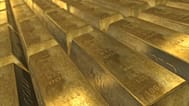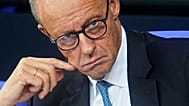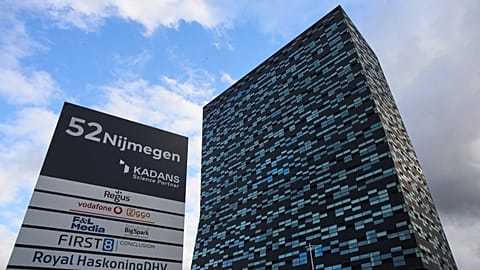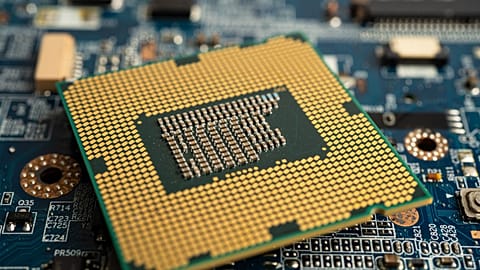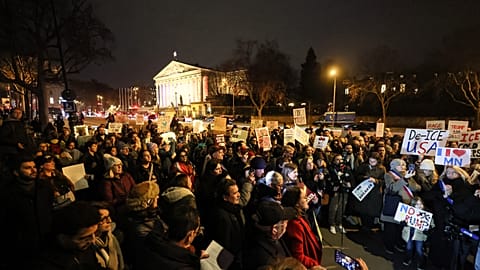The EU executive was unable to confirm on Monday whether China had lifted all export controls on rare earths and Nexperia chips for European industries.
The European Commission remains cautious about China lifting export controls on rare earths and chips, even after the US announced China had agreed to ease restrictions and the EU's top trade diplomats argued the truce would also include Europe.
Rare earths and tech components necessary for key EU industries found themselves at the heart of a trade dispute between the US and China since US president Donald Trump's return to power in January 2025, the EU getting caught in the crosshairs.
The EU automotive industry has suffered from a supply chain shortage ever since the Dutch government took control of chipmaker Nexperia, owned by China’s Wingtech but based in the Netherlands, following “serious governance shortcomings” last month. China imposed control restrictions as a result.
“The Commission has been in regular contact with all sides to provide a swift and effective resolution to the question,” Commission deputy chief spokesperson Olof Gill said on Monday, adding that the EU executive was “engaging” with the Chinese to understand Beijing’s commitment to ensure the supply of Nexperia’s chips.
After US President Donald Trump met his Chinese counterpart Xi Jinping last Thursday in South Korea, the White House reported that “China will take appropriate measures” to ensure the flow of chips from Nexperia’s facilities in China.
This would “allow production of critical legacy chips to flow to the rest of the world,” Washington stated.
The issue was also on the table during a high-level meeting between Chinese and EU officials in Brussels last week, during which both sides discussed Chinese export controls on strategic chips.
Diplomatic breakthrough needed
Henna Virkkunen, the EU's tech Commissioner, met with Nexperia officials last Friday amid growing supply chain concerns in Europe.
Virkkunen said on X afterwards that she “reaffirmed our determination to work towards a diplomatic breakthrough. We discussed potential short- and medium-term measures to strengthen the resilience of our supply chain.”
Nexperia will be invited to join the next meeting of the Chips Act Task Force next Friday, which is collecting further information on potential economic impacts.
The Commission is currently evaluating the Chips Act, rules that date back to 2023 and aim to boost the EU's share of the global microchip market through investment, support for start-ups, and tools to anticipate and respond to shortages.
Microchips are increasingly used in automotive, telecommunications, healthcare, energy, defence, artificial intelligence and other industries.
“It is clear that our supply chain lacks the resilience required, and we must draw the necessary lessons,” she added.
Sigrid de Vries, Director General of European Automobile Manufacturers’ Association (ACEA), representing EU carmakers, warned last week that “assembly line stoppages might only be days away”.
He urged “all involved to redouble their efforts to find a diplomatic way out of this critical situation.”
Rare earths still under discussion
The Nexperia episode comes amid a tense diplomatic standoff between China and the EU, as Beijing has been imposing export restrictions on rare earth elements on European companies since April.
Rare earths are key components for the EU automotive, defence and green tech industries.
Following the Trump-Xi meeting, China lifted new restrictions on exports of these strategic elements that it had announced in October.
European Commissioner for Trade Maroš Šefčovič confirmed on X on Saturday that the suspension applied also to EU industries, however without specifying whether controls from April still applied.
Last week's meeting in Brussels came with no real breakthrough, the Commission implied on Monday.
“We are trying to address all aspects of any restrictions to the export from China to the EU on rare earths,” Commission spokesperson Gill said.
“We made this a priority issue since the summit in July," Gill added.
European Commission President Ursula von der Leyen met with Xi in China during a July summit, where Beijing committed to implementing a fast-track mechanism for export licences for rare earths.
However, EU businesses continue to complain that the system is an administrative nightmare.


